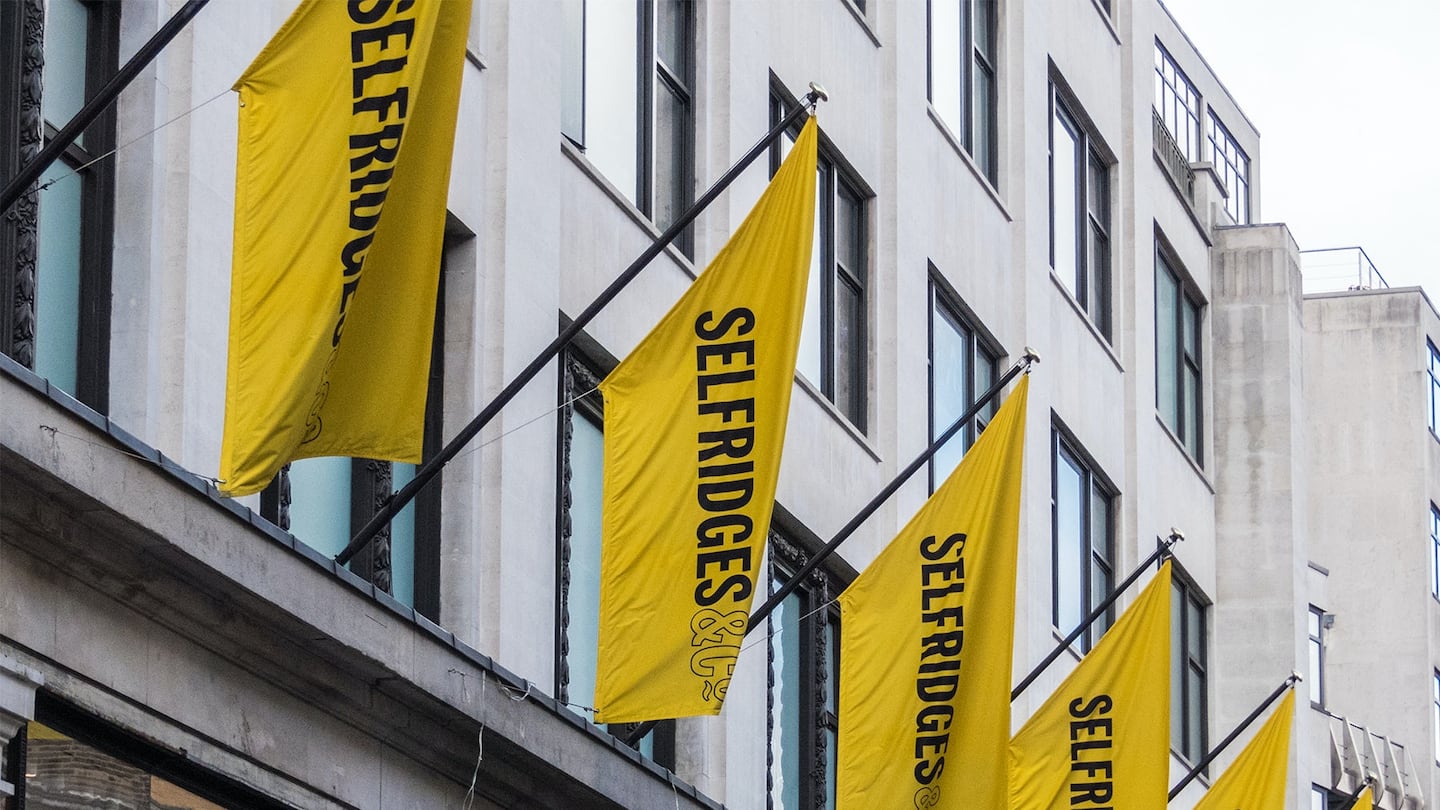
The Business of Fashion
Agenda-setting intelligence, analysis and advice for the global fashion community.

Agenda-setting intelligence, analysis and advice for the global fashion community.

LONDON, United Kingdom — Selfridges will stop selling exotic animal skins in February next year, making it the latest company to move against such products amid a wave of consumer demand for ethical consumption.
The British department store chain said that in February 2020 it will ban products like watches, luggage and handbags that are made from python, alligator, crocodile or other exotic animal skins. As of next year, its stores will only sell leather derived from agricultural livestock.
The luxury department store chain is the latest big fashion player to move away from exotic skins, responding to a long-standing campaign by animal rights activists who claim abuse of animals in the industry is rampant and that many skins are sourced illegally, endangering wild populations.
Such campaigns have gained traction in recent years, with a flurry of brands and retailers already abandoning fur-based products, prompting some to predict exotic skins would be next.
ADVERTISEMENT
Late last year, Chanel became the largest player in luxury to ban exotic skins, citing the difficulty in obtaining responsibly-sourced materials as a deciding factor. A handful of other brands, including Diane von Furstenberg and Victoria Beckham, have also ditched exotic skins.
"By banning skins from wild animals, Selfridges is both shunning cruelty for fashion and doing its part to better ensure that wild animals stay in the wild and continue playing their unique and vital roles in their ecosystems," said P.J. Smith, director of fashion policy at the Humane Society. "These actions make good economic sense for companies looking to stay ahead of animal welfare concerns, as consumers increasingly seek out products that don’t involve animal cruelty."
Even companies that are still using reptile leather are taking steps to insure they can defend their supply chain practices. Earlier this month, LVMH launched a new standard for responsibly sourcing crocodile skins to combat regulatory gaps in the market.
Selfridges has had a fur ban in place for more than a decade and said its latest move is "a continuation of a longstanding commitment" to ethics. It's one of a number of high-end retailers that are catering to consumer demands for more ethical products by increasingly emphasising environmentally and socially conscious brands.
Elsewhere, Selfridges has made a commitment to ensure 50 percent of its products are better for people and the planet by 2022. It removed all single-use plastic water bottles from sale in 2015 and all single-use carbonated drinks bottles last year.
Related Articles:
[ The Secrets to Selfridges’ SuccessOpens in new window ]
[ Why Fashion’s Anti-Fur Movement Is WinningOpens in new window ]
[ Luxury Brands Are Snapping Up Farms to Control their Supply ChainsOpens in new window ]
From analysis of the global fashion and beauty industries to career and personal advice, BoF’s founder and CEO, Imran Amed, will be answering your questions on Sunday, February 18, 2024 during London Fashion Week.
The State of Fashion 2024 breaks down the 10 themes that will define the industry in the year ahead.
Imran Amed reviews the most important fashion stories of the year and shares his predictions on what this means for the industry in 2024.
After three days of inspiring talks, guests closed out BoF’s gathering for big thinkers with a black tie gala followed by an intimate performance from Rita Ora — guest starring Billy Porter.